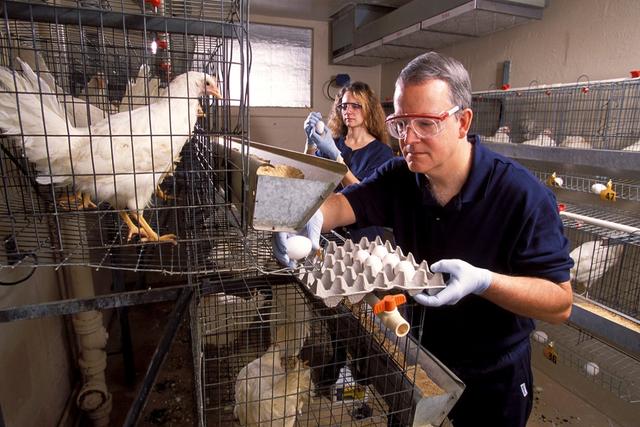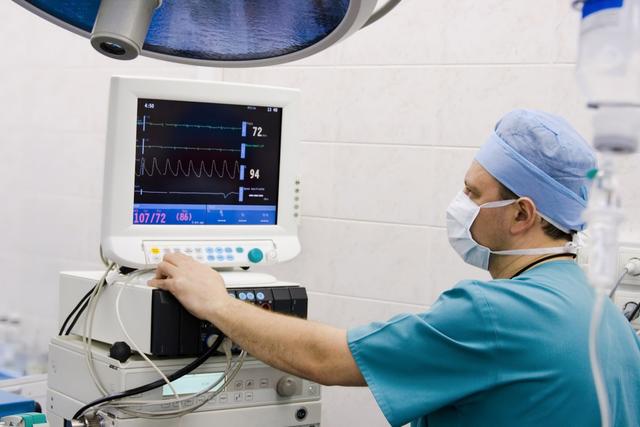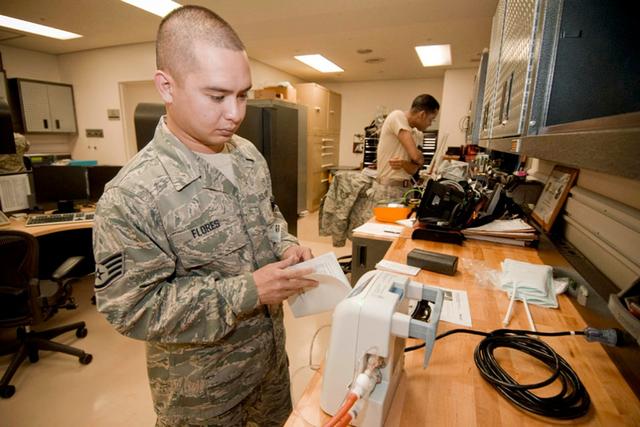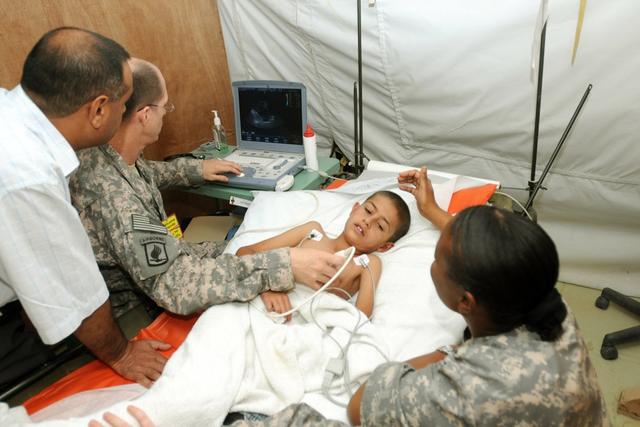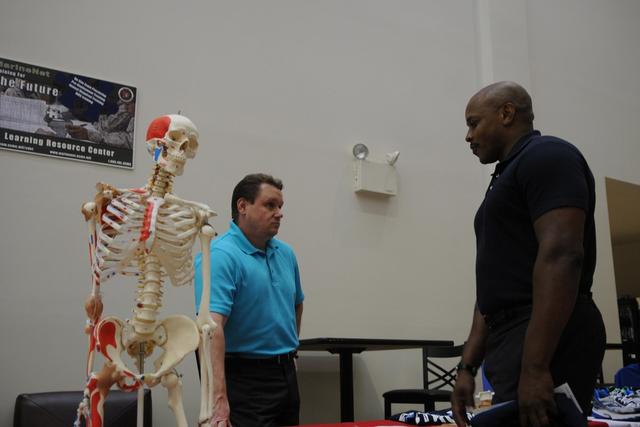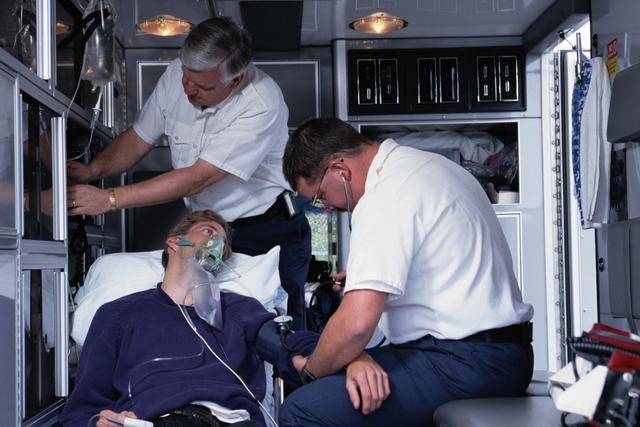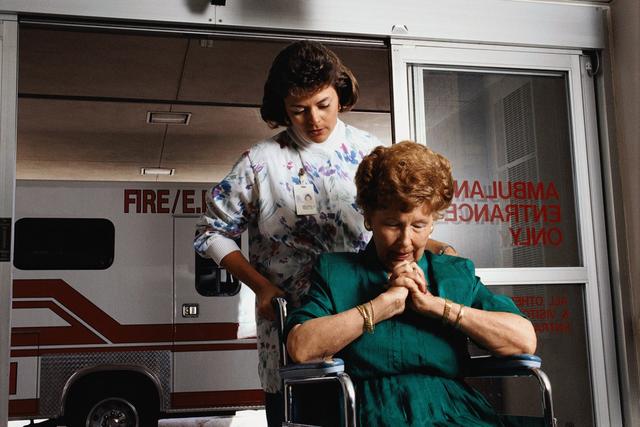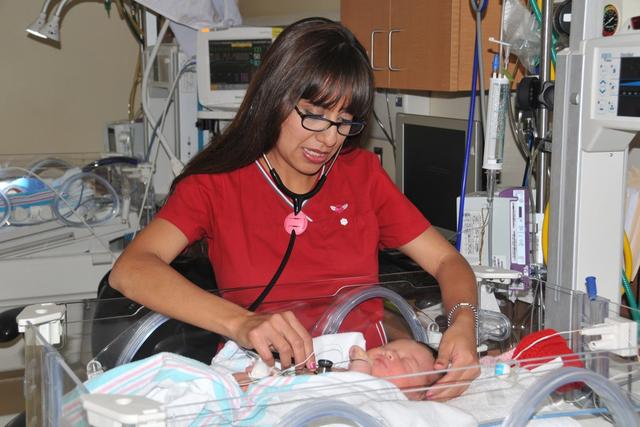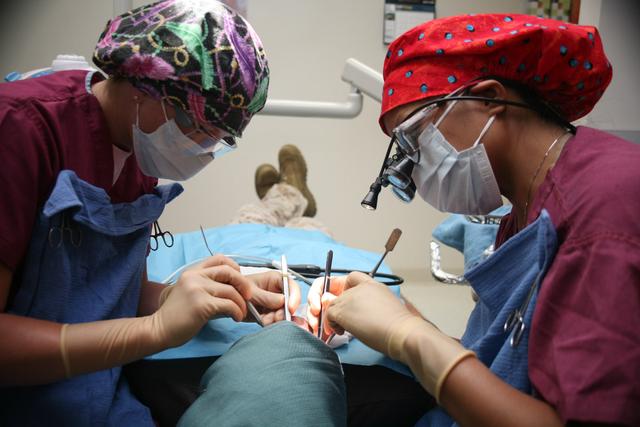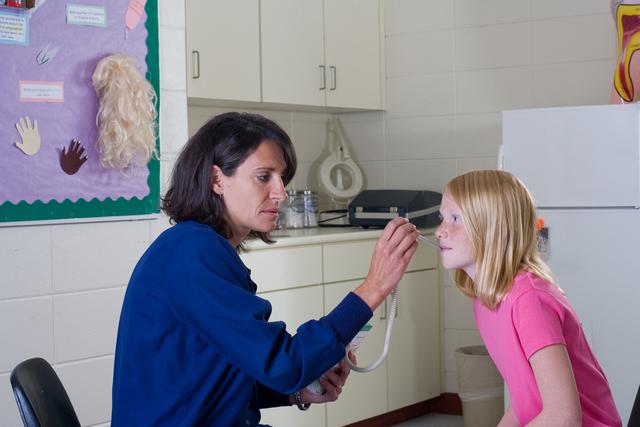Respiratory Therapists
Overview

Introduction
Respiratory therapists, also known as respiratory care practitioners, evaluate, treat, and care for patients with deficiencies or abnormalities of the cardiopulmonary (heart/lung) system by either providing temporary relief from chronic ailments or administering emergency care where life is threatened. They are involved with the supervision of other respiratory care workers in their area of treatment.
Working under a physicians direction, these workers set up and operate respirators, mechanical ventilators, and other...
Quick Facts
Median Salary
Employment Prospects
Minimum Education Level
Experience
Skills
Personality Traits
Earnings
Respiratory therapists earned a median salary of $61,330 in May 2019, according to the U.S. Department of Labor. The lowest 10 percent earned less than $44,850, and the highest 10 percent earned more than $86,980.
Hospital workers receive benefits that include health insurance, paid vacations and sick leave, and pension plans. Some institutions provide additional benefits, such as unifor...
Work Environment
Respiratory therapists generally work in extremely clean, quiet surroundings. They usually work 40 hours a week, which may include nights and weekends because hospitals are in operation 24 hours a day, seven days a week. The work requires long hours of standing and may be very stressful during emergencies.
A possible hazard is that the inhalants these employees work with are highly flamm...
Outlook
Employment for respiratory therapists is expected to grow much faster than the average for all careers through 2029, by about 19 percent, according to the Department of Labor, as a result of the growing middle-aged and elderly population with respiratory conditions such as chronic bronchitis, chronic obstructive pulmonary disease, asthma, emphysema, pneumonia, and other disorders. The increasin...

